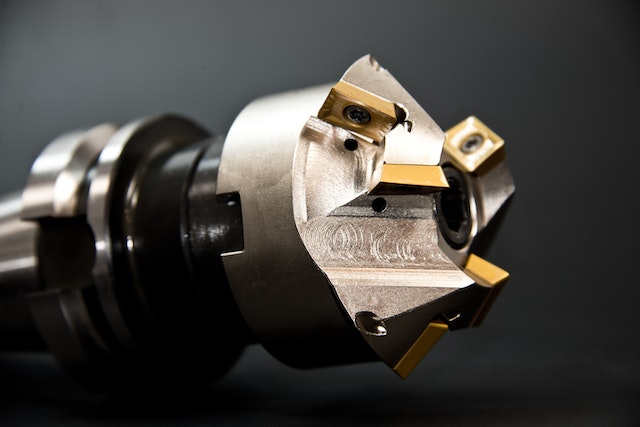In order that we can help predict your taxable profits and tax liabilities we need up to date profit figures and projections. One of the advantages of keeping your business accounts in a computerised form, ideally on the Cloud, is that we can review your latest financial position and help you prepare more reliable profit forecasts to estimate your tax bills.
Unincorporated Businesses
Reliable profit forecasts are particularly important at the moment, with the changes to the taxation of sole traders and partnerships from 2024/25, and the complicated transitional rules that apply in 2023/24. The transitional rules may result in higher tax bills if your business does not have a 31 March or 5 April year end. If we have reliable profit forecasts for your business we can determine whether or not changing your business year end would be beneficial, and also determine the timing of that change.
Limited Companies
From 1 April 2023 the rate of corporation tax that a company pays depends on the level of the company’s profits and the number of “associated companies”. “Associated companies” are those under common control, which may include companies controlled by close relatives under certain circumstances.
Assuming a company has no “associated companies” then the 19% corporation tax rate continues to apply where profits are no more than £50,000 and the 25% corporation tax rate applies where profits exceed £250,000 a year. The £50,000 and £250,000 limits are divided by the number of “associated companies”.
In between the limits there is marginal relief to achieve the transition between 19% and 25%. The marginal tax rate between £50,000 and £250,000 is 26.5% and thus tax planning can be particularly effective.
For example buying new equipment or paying additional pension contributions on behalf of the directors would potentially save 26.5% corporation tax. Timing of expenditure is critical here, as the expenses would need to be incurred before the year end. We would recommend a review at least 2 months before the company’s year-end, with reliable profit forecasts available to allow time for pre-year-end planning.
WHEN ARE COMPANIES ASSOCIATED?
“Associated companies” for corporation tax purposes are those under common control. The most obvious situation is where one of the companies has control of the other, or both of the companies are under the control of the same person or persons. In determining control, the rights and powers of an individual’s associates, broadly close relatives, may be taken into consideration, but only where there is substantial commercial interdependence between the two companies. This could be financial, economic, or organisational interdependence and will depend on the facts of each case. An example would be where a brother and sister each have their own limited companies and there is a large loan or significant trading between them, such that one is dependent upon the other.
This is not a straightforward matter and we can of course advise you on whether or not it impacts your company.
LARGER COMPANIES ARE REQUIRED TO PAY TAX QUARTERLY
Although not a new measure, where a company has profits in excess of £1,500,000 a year it is required to estimate and pay corporation tax quarterly during the year, rather than 9 months after the end of its accounting period. What has changed since 1 April 2023 is that the £1,500,000 threshold is divided by the number of “associated companies” in the accounting period, as defined above. Thus, if a company has two associated companies, if any of them has profits in excess of £500,000, quarterly instalments of corporation tax will be required. If that company has a 31 March 2024 year end, it needs to pay its estimated corporation tax liability according to the following schedule:
- 25% of its estimated liability by 14 October 2023
- 50% of its estimated liability by 14 January 2024
- 75% of its estimated liability by 14 April 2024
- 100% of its corporation tax liability by 14 July 2024
As mentioned above, accurate profit forecasts are required in order to compute the quarterly payments.
Note that this is a significant acceleration of tax payments compared to the normal 9-month payment interval. Consequently, there is a one year “grace period” that applies for the first year the threshold is breached. You might also wish to consider minimizing the number of associated companies to avoid this cash flow disadvantage.









